How Do I Stop My Roof Leaking In Heavy Rain?
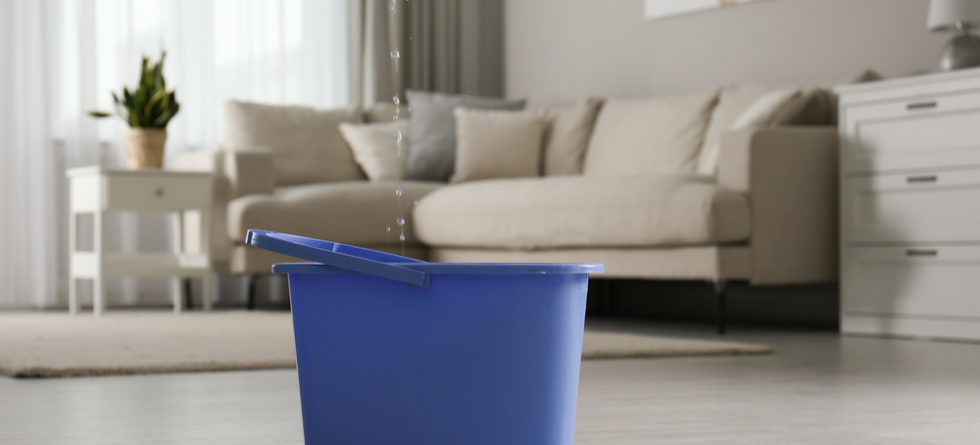
To stop roof leaking in heavy rain, ensure regular maintenance, clear gutters, and consider applying a waterproof sealant or consulting a professional for repairs.
Here are steps you can take to mitigate a roof leak during heavy rain…
- Locate the Leak – Check the interior of your home for water stains, damp spots, or dripping water in the ceiling, walls, or attic. Trace the source of the water entry as accurately as possible to determine the area of the roof where the leak is occurring.
- Temporarily Contain the Water – Place buckets, pots, or towels under the leak to catch dripping water and prevent further damage to your home’s interior. If water is pooling on the floor, use a wet vacuum or towels to remove excess water and prevent water damage to flooring and furnishings.
- Clear Debris from Gutters and Downspouts: Remove debris such as leaves, twigs, and dirt from gutters and downspouts to ensure proper water drainage off the roof. Clogged gutters can contribute to water backup and roof leaks during heavy rain.
- Patch Temporary Fixes: If you can safely access the roof and identify the source of the leak, consider applying temporary patches or sealants to cover small cracks, gaps, or damaged areas in the roofing materials. Roofing cement, roofing tape, or silicone sealants can be used for temporary repairs until a permanent solution can be implemented.
- Call a Professional Roofer: Consult with a professional roofer to assess the extent of the damage and perform necessary repairs. A qualified roofer can safely inspect the roof, identify the underlying cause of the leak, and implement appropriate repairs to prevent future leaks.
- Consider Long-Term Solutions: Depending on the severity and underlying cause of the roof leak, long-term solutions may include replacing damaged roofing materials, repairing or replacing flashing, improving attic ventilation, or addressing structural issues that contribute to water infiltration.
If you are unable to safely access your roof or are unsure about performing repairs yourself, it’s best to seek assistance from a professional roofer. Delaying repairs can lead to further water damage and structural issues, so it’s essential to address roof leaks promptly to protect your home.

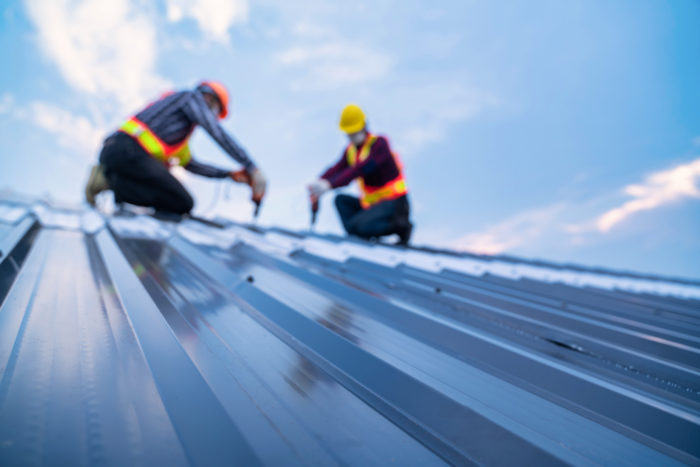
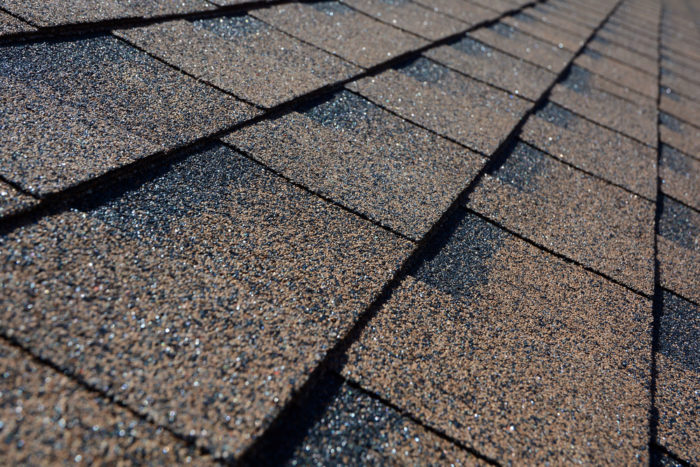
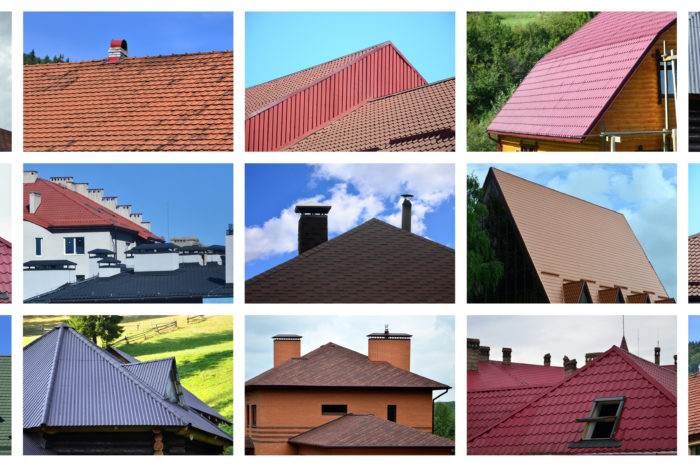
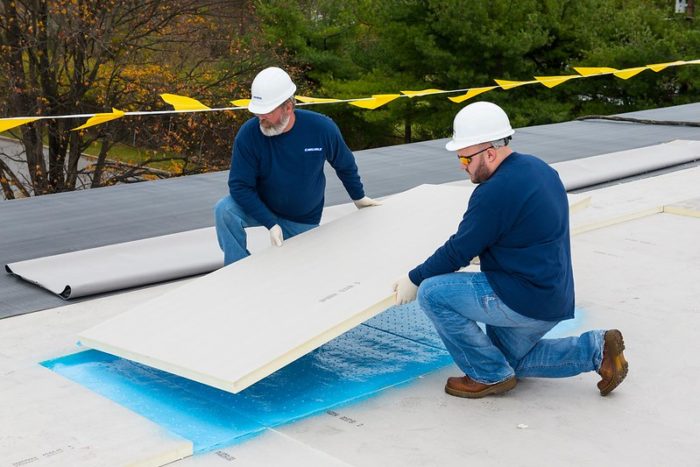
Leave a Comment